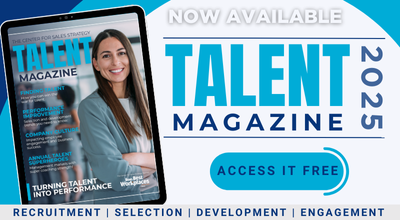
At The Center for Sales Strategy (CSS), we are a team of extremely high achievers. We’re always looking for ideas for self-improvement. So much so, that in our annual Employee Engagement survey each year, learning and development are always at the top of the list of what our team craves.
Knowing this, we add learning opportunities in multiple ways. One important development opportunity comes through the CSS Quarterly Book Club.
A Glimpse Inside our 2020 Library for Learning and Development
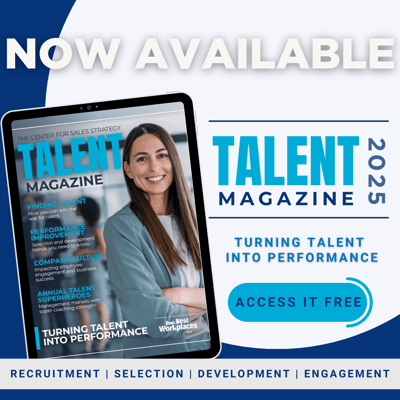 Our book club is different from most, as we do NOT read the same book for discussion. Instead, everyone is encouraged to read a business book that interests them and leads to their own personal growth. Then we ask that they share their top takeaways for the team to learn from their reading experience.
Our book club is different from most, as we do NOT read the same book for discussion. Instead, everyone is encouraged to read a business book that interests them and leads to their own personal growth. Then we ask that they share their top takeaways for the team to learn from their reading experience.
This leads to individual growth with the extra benefit of our team getting stronger as well. Each person has different interests and the knowledge they share elevates our team in return.
Here’s something unique — we PAY people to read. Imagine that! We will pay people up to $100 a quarter to read books, submit a quick five-question book report, and then share one with our team.
We know that reading a book is one of the best ways to increase our creativity, improve our vocabulary and add new thoughts to subjects, allowing us to be strong thought leaders.
Together, we read over 35 books in 2020! Here’s a glimpse inside our 2020 library.
 John Henley, Managing Partner
John Henley, Managing Partner
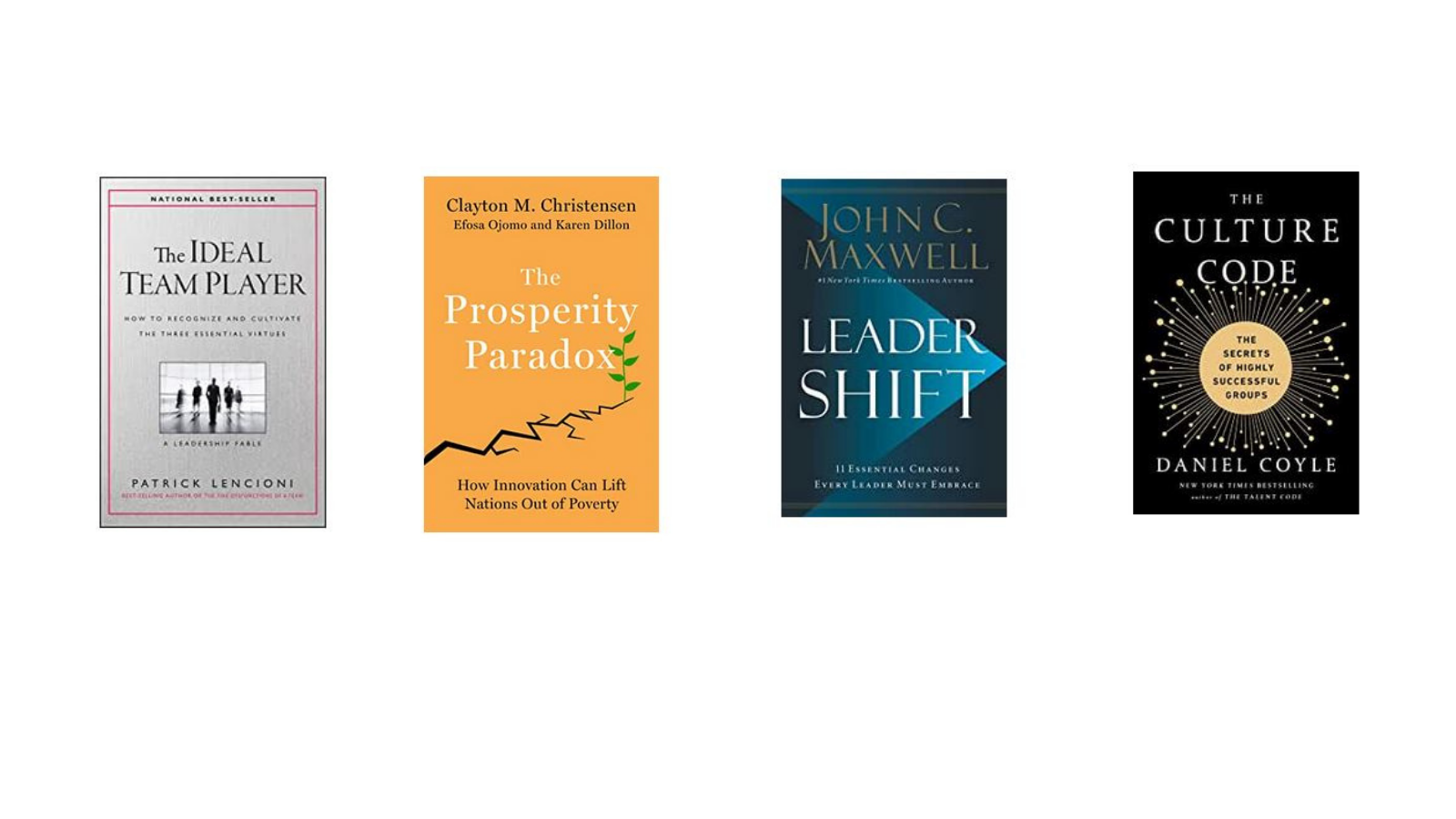
1. The Ideal Team Player by Patrick Lencioni
The simple fact that ideal team players are hungry, humble, and smart (people smart). If you want to know the secret on how to hire the ideal person for your next job opening, it’s a simple formula. The ideal team players are hungry, humble, and smart (people smart). Hiring A-players is one of the most productive things leadership can do. The right hire will transform your team toward world class performance and absolutely make your organization (and team) more productive.
2. The Prosperity Paradox by Clayton M. Christensen
Many believe you can fix global poverty by identifying areas that need help, flood them with resources, and hope to see change over time. The Prosperity Paradox shows the limits of common economic development models, which tend to be top-down efforts, and offers a new framework for economic growth based on entrepreneurship and market-creating innovation. Don’t focus on reducing poverty, focus on increasing prosperity and keep the government out of the process.
3. Leadershift by John C. Maxwell
It is more important than ever to shift as a leader. There are 11 shifts noted in this book, but the concept of shifting is key. It is more important than ever to shift as a leader. There are 11 shifts noted in this book, but the concept of shifting is key. “Every advance you make as a leader will require a leadershift that changes the way you think, act, and lead,” writes John C. Maxwell. From there he lists and illustrated the 11 specific changes with stories from his own leadership journey.
4. The Culture Code by Daniel Coyle
Be mindful of the 3 skills the author presents that are at the heart of great teamwork. 1. Build safety to make everyone feel comfortable in working together. 2. Share vulnerability to show no one needs to be perfect. 3. Establish purpose through a common goal and a clear path to get there.
 Tirzah Thornburg, Senior Talent Analyst
Tirzah Thornburg, Senior Talent Analyst
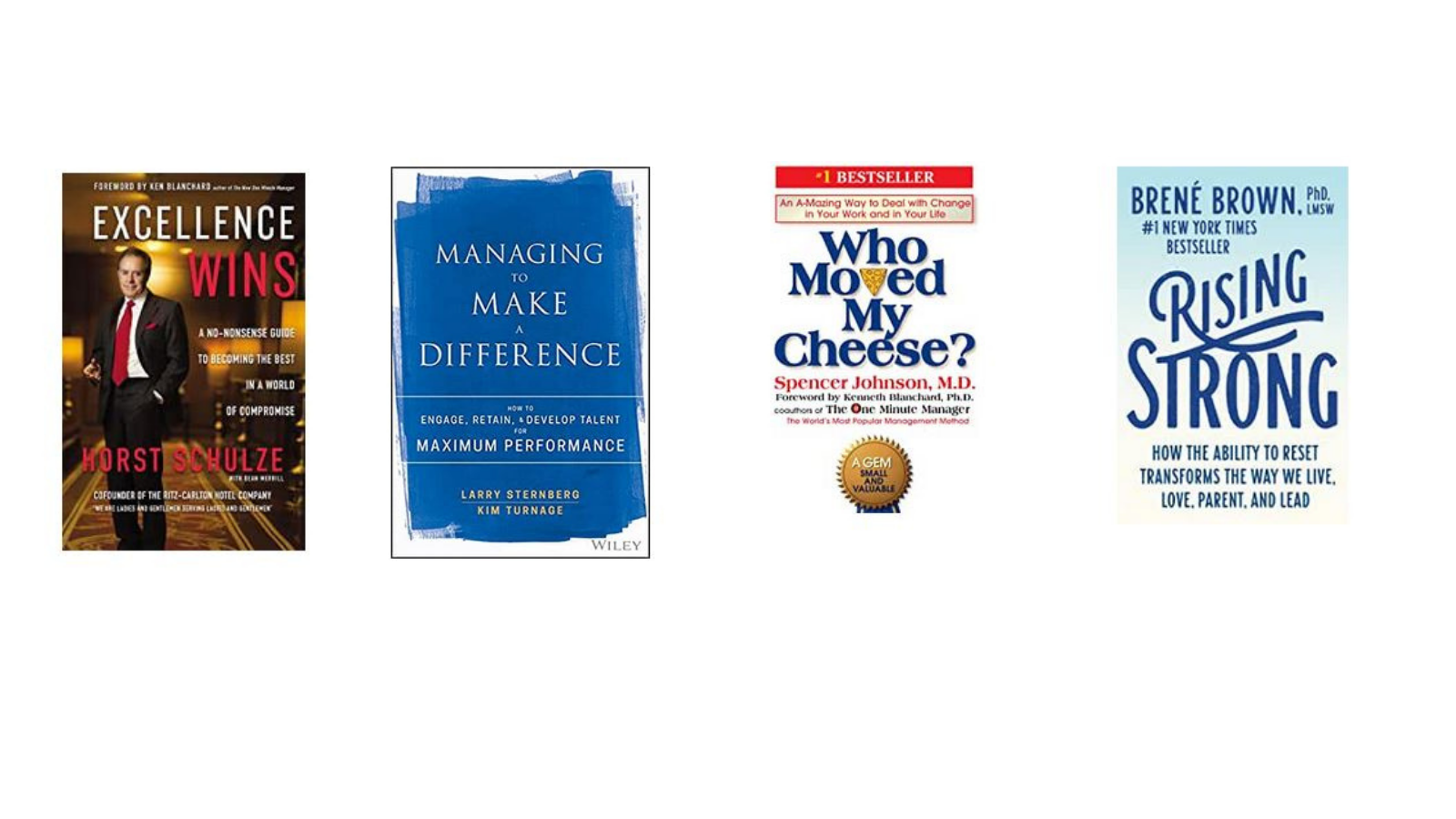
1. Excellence Wins by Horst Schulze
Horst Schulze is all about talent and putting the right person in the right job. I think some of our managers, especially managers who are new to talent could benefit from reading this book.
2. Managing to Make a Difference by Larry Sternberg and Kim Turnage
A great guide for managers who are new to the concept of strength management, this book focuses on helping managers understand how to get their direct reports to perform at their best. My favorite quote: “Everyone wants to know they are significant — that someone truly cares about them, their existence has meaning, they matter, and they are making a noticeable difference in the world. So as a manager, helping employees (each and every one) become more significant makes a big difference in their lives."
3. Who Moved My Cheese by Spencer Johnson, MD
This is an amazing book (with a catchy title) on how to deal with change in your life – whether it’s personal or work related. My favorite quote from the book is, “When you see that you can find and enjoy new cheese, you change course.” Meaning, when you sit back on and ponder on the cheese hunting process, you’ll find yourself evolved confident and regain your strength. Put yourself in the process of changing and enjoy every bit of it.
3. Rising Strong by Brené Brown
This book was all about being honest with yourself and asking yourself if the story you're telling is the true story, which all comes back to integrity.
 Stephanie Stoll, Director of Learning and Development
Stephanie Stoll, Director of Learning and Development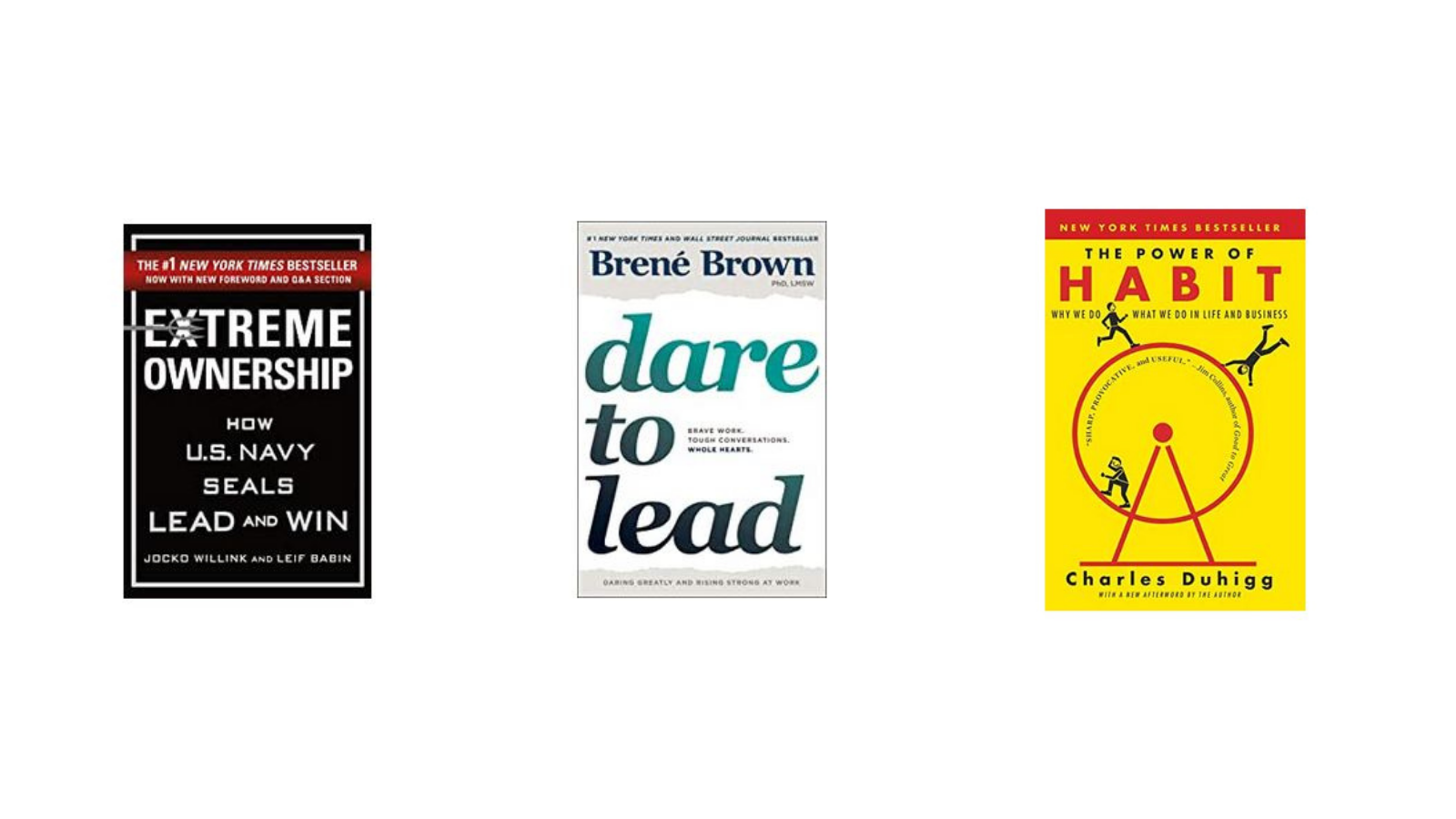
1. Extreme Ownership byJocko Willink and Leif Babin
I have so many books on motivation, self-help, etc — but I always took a step back and thought, "Okay, I'll write it down, create an elaborate plan and THEN I will start." This book tells you just to do it. Just be disciplined enough to do what needs to be done.
2. Dare to Lead by Brené Brown
Dare to Lead introduces four skill sets to help you become a daring, brave, and caring leader. Brene’ Brown leads you through the critical steps to allow yourself the vulnerability and trust it takes to lean into your values and rise as a leader. One of the key messages from the book is to “choose courage over comfort”, allowing us to create a culture that embraces and magnifies the need for daring leaders throughout organizations.
3. The Power of a Habit by Charles Duhigg
When looking to change a habit, remember to start with small wins. By breaking down the larger goal and achieving small wins and building upon them, bigger and better things are possible. Don't try to tackle everything at once — break it down and realize the small wins.
 Deborah Fulghum, Senior Talent Analyst/Culture Coach
Deborah Fulghum, Senior Talent Analyst/Culture Coach
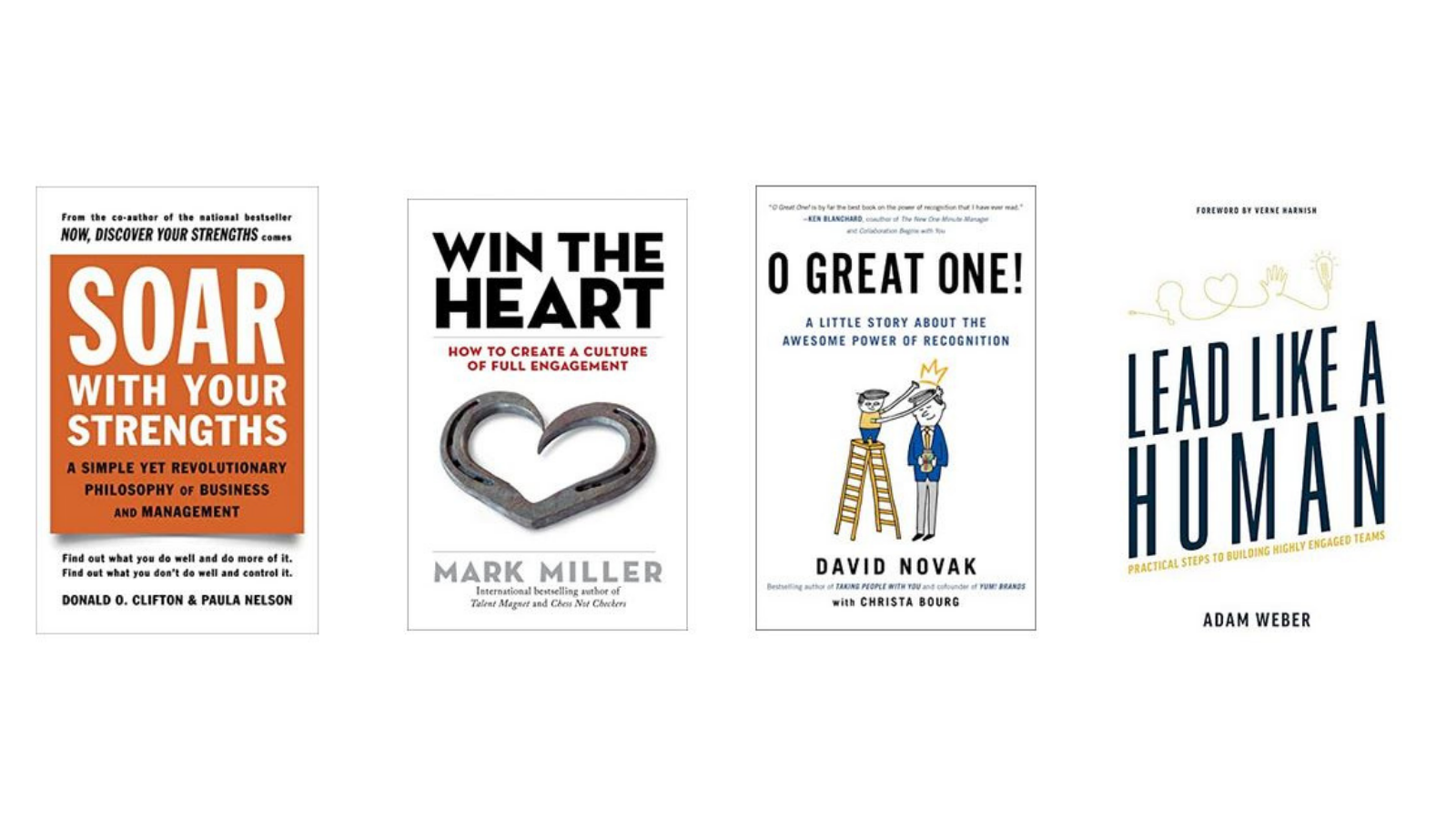
1. Soar with Your Strengths by Donald O. Clifton and Paula Nelson
When I originally read this book, I thought back to all the years my kids suffered through courses they didn’t pick up on quickly in school and how teachers tried to make them more "well rounded" by trying to have them do more of what didn’t come naturally to them. So much to learn from that through life. The same can be said when coaching or developing others. Don’t try to make someone something they are not but instead pay attention to what they do well and help develop that further.
2. Win the Heart by Mark Miller
This is a parable about the importance of company culture. This quote rings true — "If you don't address low levels of engagement, you will destine your organization to mediocrity, irrelevance, or worse." We know that caring is such an important part of engaging someone and I liked his use of the word in this acronym — CARE, which stands for Connection, Affirmation, Responsibility, and Environment. Getting those right makes a huge difference in the engagement of others.
3. O Great One by David Novak
Recognition is so important! This parable shares the power recognition plays in the lives of others. He discusses the 10 Guiding Principles for inspiring others are key and ring true inside and outside of the work environment. My favorite quote was “Giving recognition is a true privilege, not a job. If you give people the recognition they've earned, if you show genuine appreciation and acknowledge the unique things people have to offer, then you will drive real results.”
4. Lead Like a Human by Adam Weber
This book speaks to the importance of employee engagement, which ties to many of our company core values and also our reason for being for Up Your Culture, which is "Increasing Productivity by Elevating Team Engagement." He explores what we know to be true – people are the foundation of your business and if they are not bringing their whole self to work and are not engaged, then your business will not perform at the level of success it is capable of.
 Beth Sunshine, VP/Talent Services
Beth Sunshine, VP/Talent Services
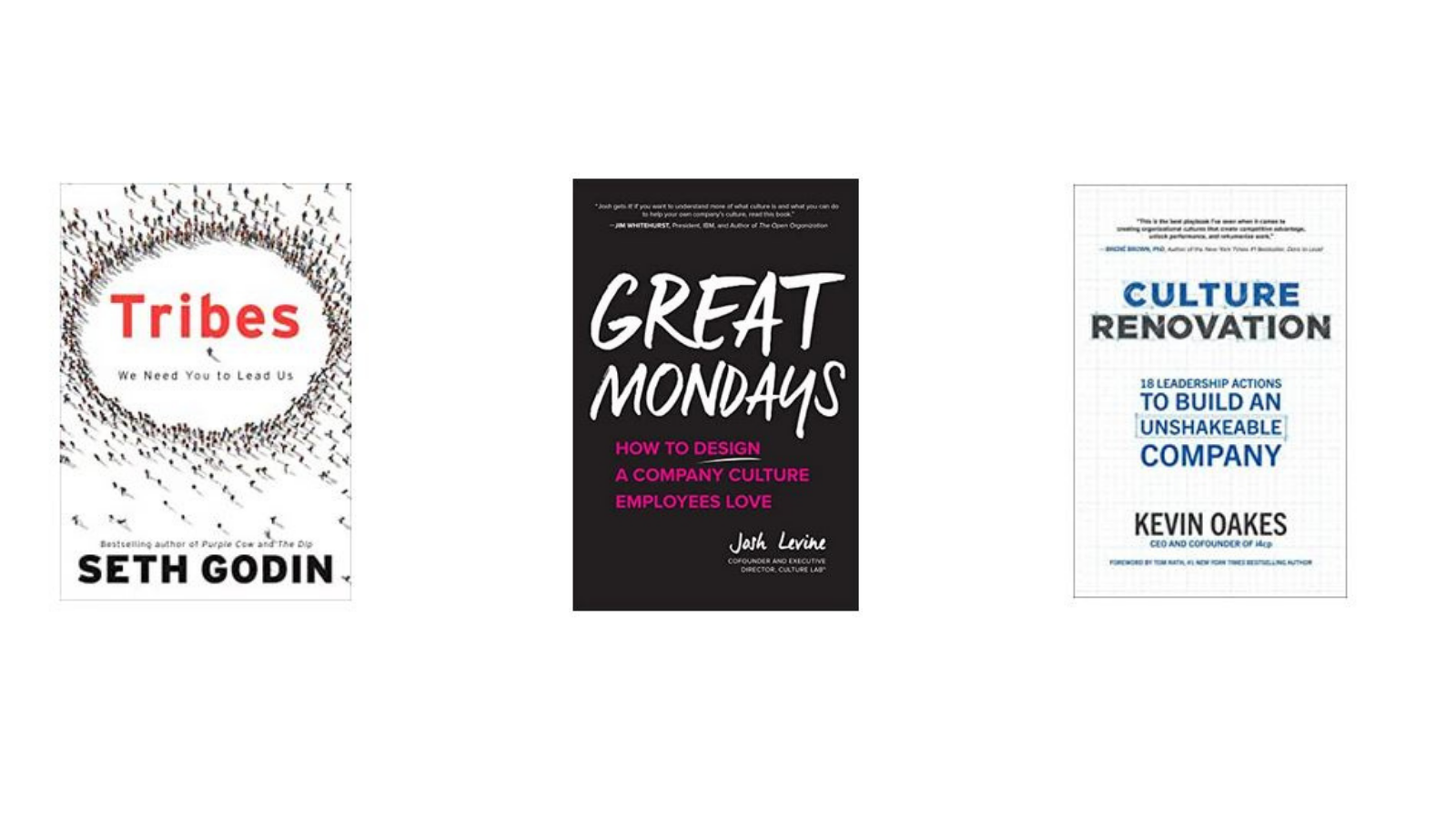
1. Tribes by Seth Godin
Human beings can't help it; we need to belong! And Tribes uncovers the reasons behind that and the wisdom that comes with understanding it. The author defines a tribe as a group of people connected to one another, connected to a leader, and connected to an idea. As a manager, one of my most significant takeaways is that you can't have a tribe without a leader, and you can't have a leader without a tribe. I especially enjoyed the chapter about "rituals and cues." When a company gets both of these things right, aligning them to their values, they set the stage for a strong culture.
2. Great Mondays by Josh Levine
Great Mondays is a guide to creating a workplace where people actually want to come to work on Mondays and reach their full potential while they are there. The author, Josh Levine, approaches culture in the same way that Up Your Culture does — it is a core business capability, and it gives companies an unbeatable competitive advantage. This book is more than a good read — it is a workbook/manual/took kit that can be used to guide a culture renovation.
3. Culture Renovation by Kevin Oakes
The approach taken in Culture Renovation is spot-on! Companies that effectively improve their cultures are successful, not because they start from scratch, building from the ground up, but rather because they identify their existing culture, work meticulously to understand the areas that need improvement, craft a strong plan for renovation, and then work the plan. This book is filled with real-life stories, a strategic plan to follow, and a ton of inspiration.
 Greg Giersch, VP/Talent Services
Greg Giersch, VP/Talent Services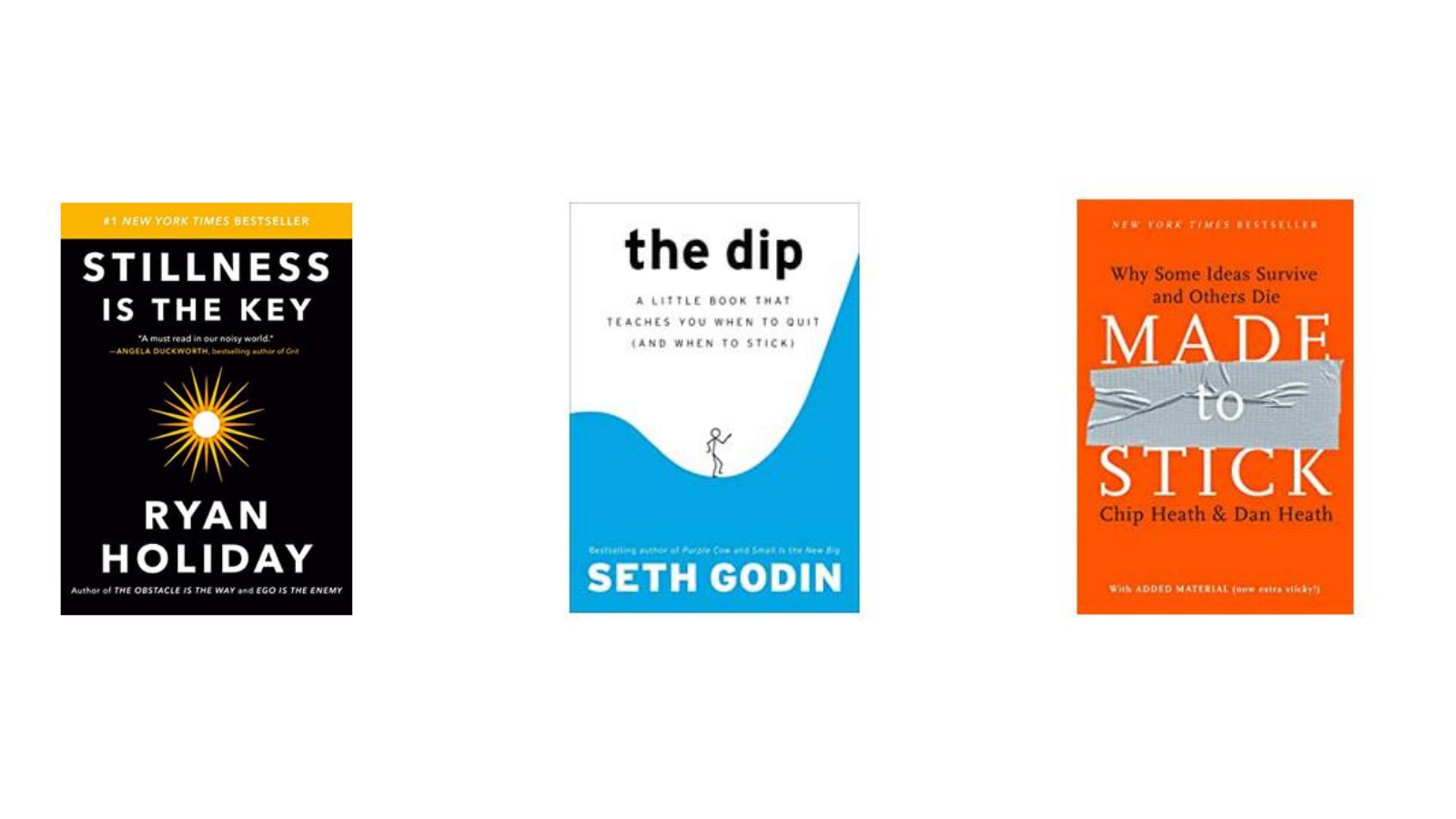
1. Stillness is Key by Ryan Holiday
Appearances and first impressions can be misleading. We can become disturbed or deceived, or miss opportunities, when we don’t slow down to take the time to really look. To be still.
2. The Dip by Seth Godin
Knowing when to quit and why to quit, before starting, is critical to not wasting valuable time. Great applications to the sales process and developing your people.
3. Made to Stick by Chip Heath and Dan Heath
Are ideas born interesting or made interesting? Learn six easy to follow ideas to make your ideas more “sticky.” Simplicity and unexpectedness are the first two.
 Matt Sunshine, Managing Partner
Matt Sunshine, Managing Partner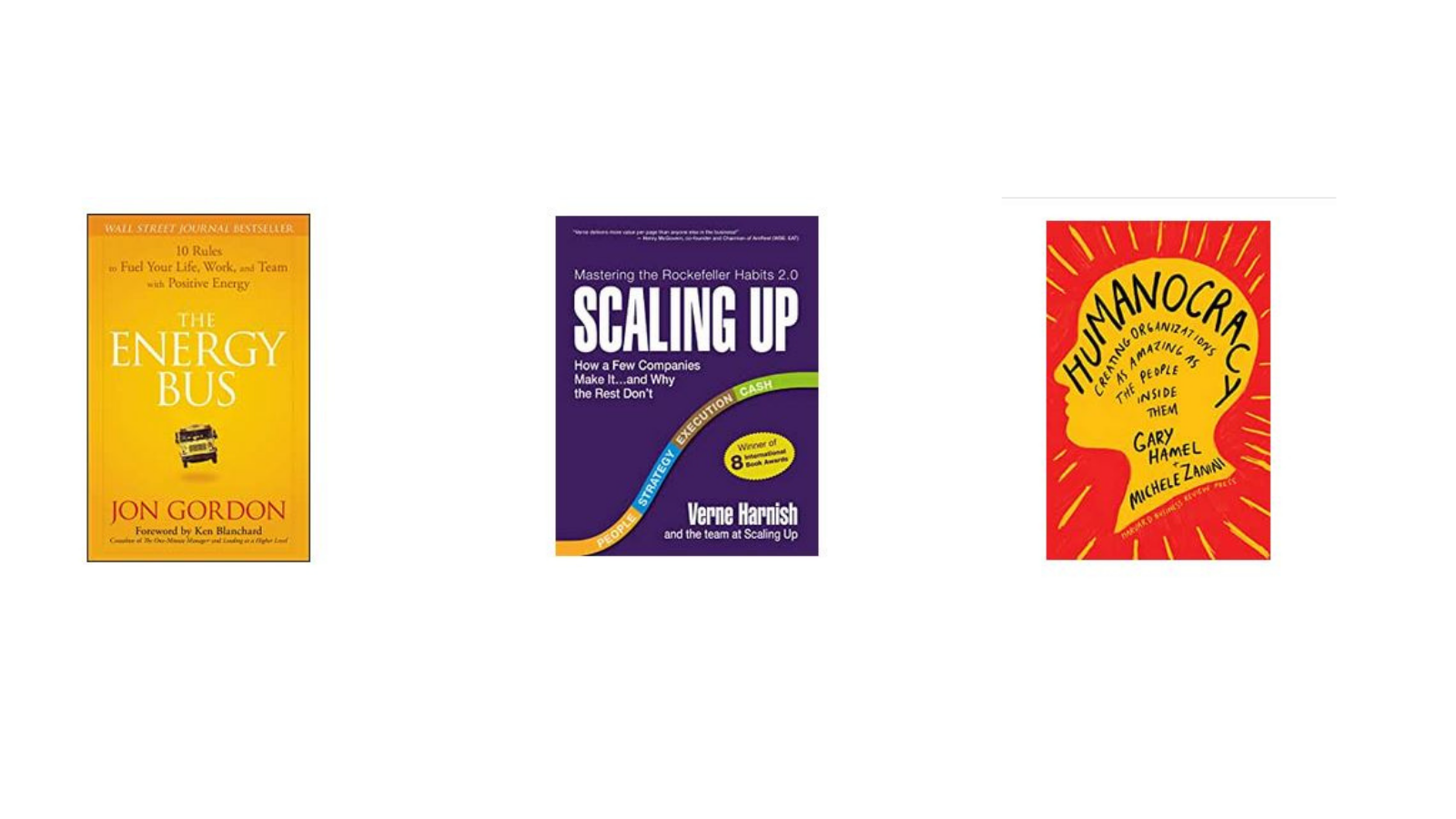
1. The Energy Bus by Jon Gordon
It is really easy to just tolerate negative energy but in the end, your culture is what you make it. The impact of positive energy is measurable and required if you want to have a pace that is both a desirable place to work and is highly productive.
2. Scaling Up by Verne Harnish
Creating and implementing routines will ensure a company’s long term success. In order for a company to go from start-up to scale-up, leaders cannot and should not do everything. The strength and growth of a company comes from having the right people in the right place while giving them the freedom and responsibility to grow.
3. Humanocracy by Gary Hamel and Michele Zanini
This book makes the case that the chain of command should be replaced with a chain of trust and radical transparency. It is super important that the focus of leaders should be on growing people, not the business. When you grow people, growing the business will happen organically.
 Stephanie Downs, VP/Senior Consultant
Stephanie Downs, VP/Senior Consultant 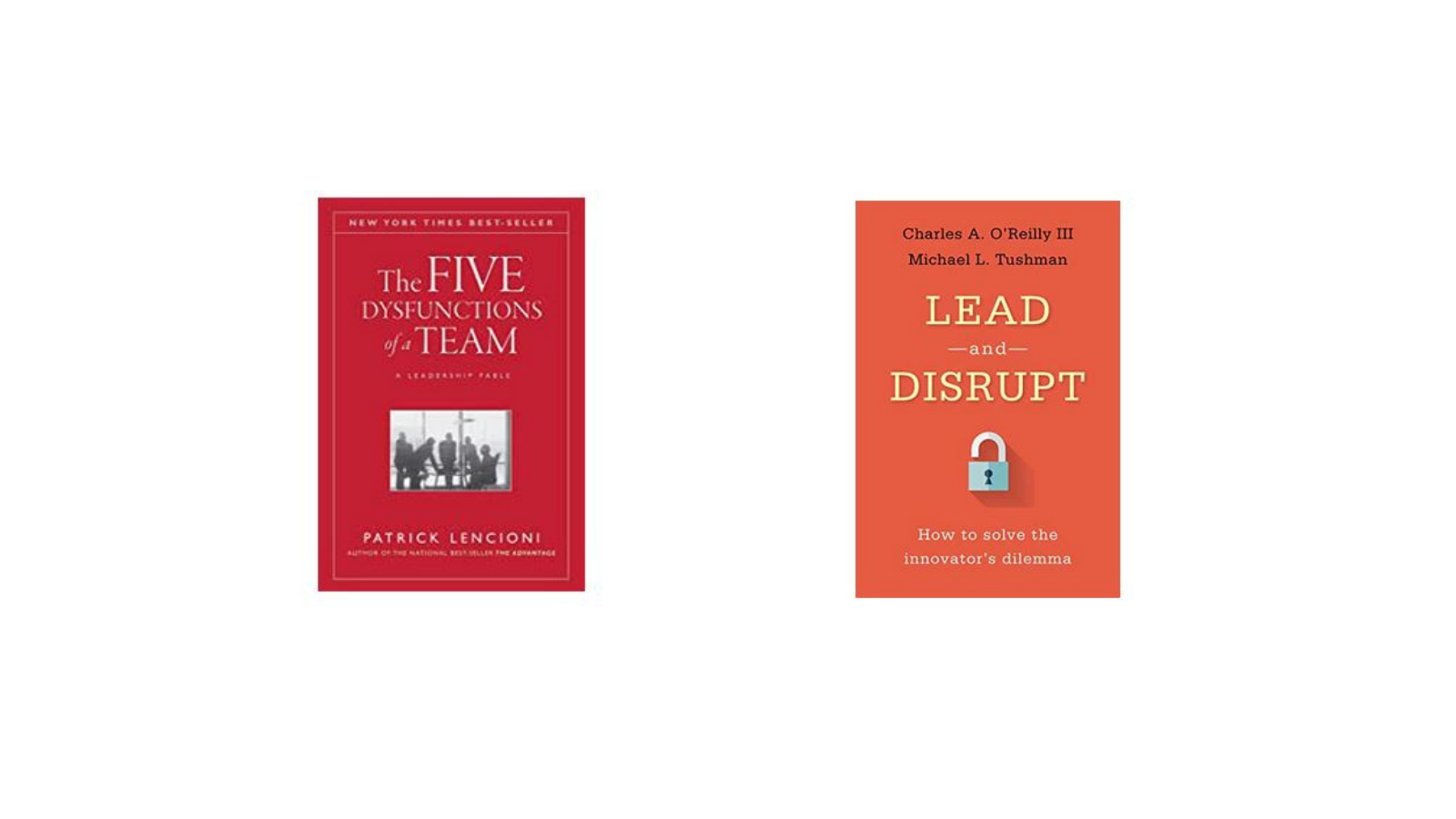
1. The Five Dysfunctions of a Team by Patrick Lencioni
A fantastic business fable, this book shares the importance and power of positive teams and how much can be accomplished if set up for success. With the right leadership and expectations, even dysfunctional teams can be turned around. The five dysfunctions he mentions are absence of trust, fear of conflict, lack of commitment, avoidance of accountability and inattention to results. He leaves you with actionable next steps to help turn and keep a team in performance mode.
2. Lead and Disrupt by Charles O'Reilly and Michael Tushman
This book shares the importance of leadership and its role of being aligned to company core values, vision and purpose.
 Dalena Pajares, Account Executive
Dalena Pajares, Account Executive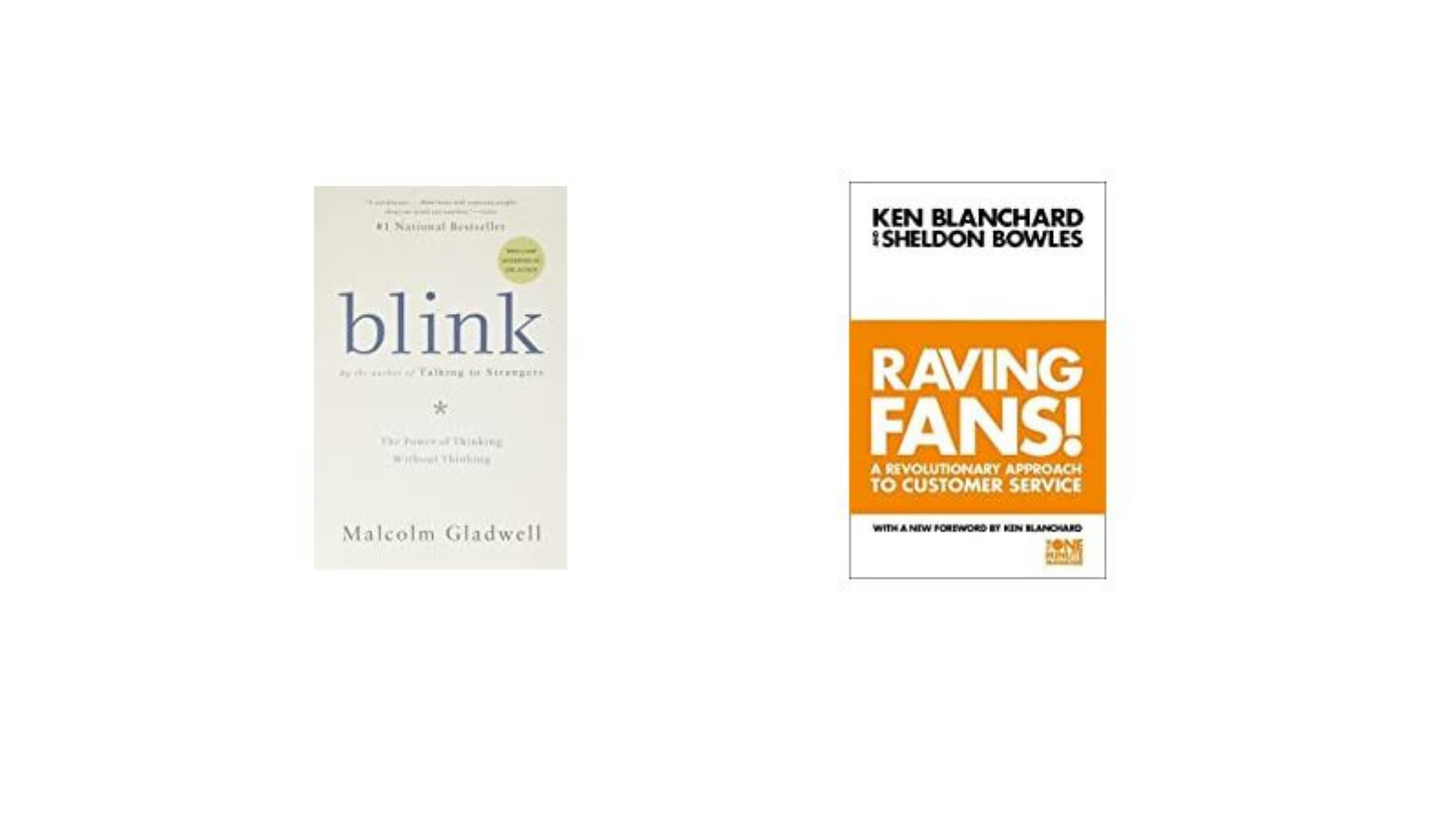
1. Blink by Malcolm Gladwell
My favorite quote was: Our first impressions are generated by our experiences and our environment. Which means that we can change our first impressions, we can alter the way we thin-slice - by changing the experiences that comprise those impressions.
2. Raving Fans: Revolutionary Approach to Customer Service by Ken Blanchard and Sheldon Bowels
Process is in place as a starting point but that we have to use our own intuition and talents to pivot from there as long as the goal remains the same: to super-serve our clients. This book will remind me that processes should not be confused with hard and fast rules.
 Emily Hartzell, Senior Inbound Marketing and Sales Consultant
Emily Hartzell, Senior Inbound Marketing and Sales Consultant
1. LeadG2: Getting Prospects to Raise Their Hands by Matt Sunshine
This book is a must read as someone who is in inbound marketing. It directly relates to the job that I do every single day and it was exciting to read and learn from as an inbound marketer. After reading this book, I believe I am better able explain inbound marketing topics to my clients and even understand some of the topics in a different way. This book also allowed me to take a step back and reminded me of all of the little intricacies within inbound marketing – many of which I take for granted when going about my day-to-day routines. It was nice to get this refresher!
2. The Energy Bus by Jon Gordon
This book was a great reminder that there is so much in our lives that we truly have no control over – and that is okay! This book taught us that in every situation, even if we do not have control over the situation itself, we do have the ability to control how we react and how the situation affects us. Choosing positive thoughts over negative thoughts can help us be our best and hopefully get the best possible outcome. This book creates a creative and exciting comparison between a moving bus (aka the energy bus) and our lives. In order to keep the bus moving in the right direction, all who are a part of your bus must have the same end goal in mind.
 Mindy Murphy, Senior Talent Analyst
Mindy Murphy, Senior Talent Analyst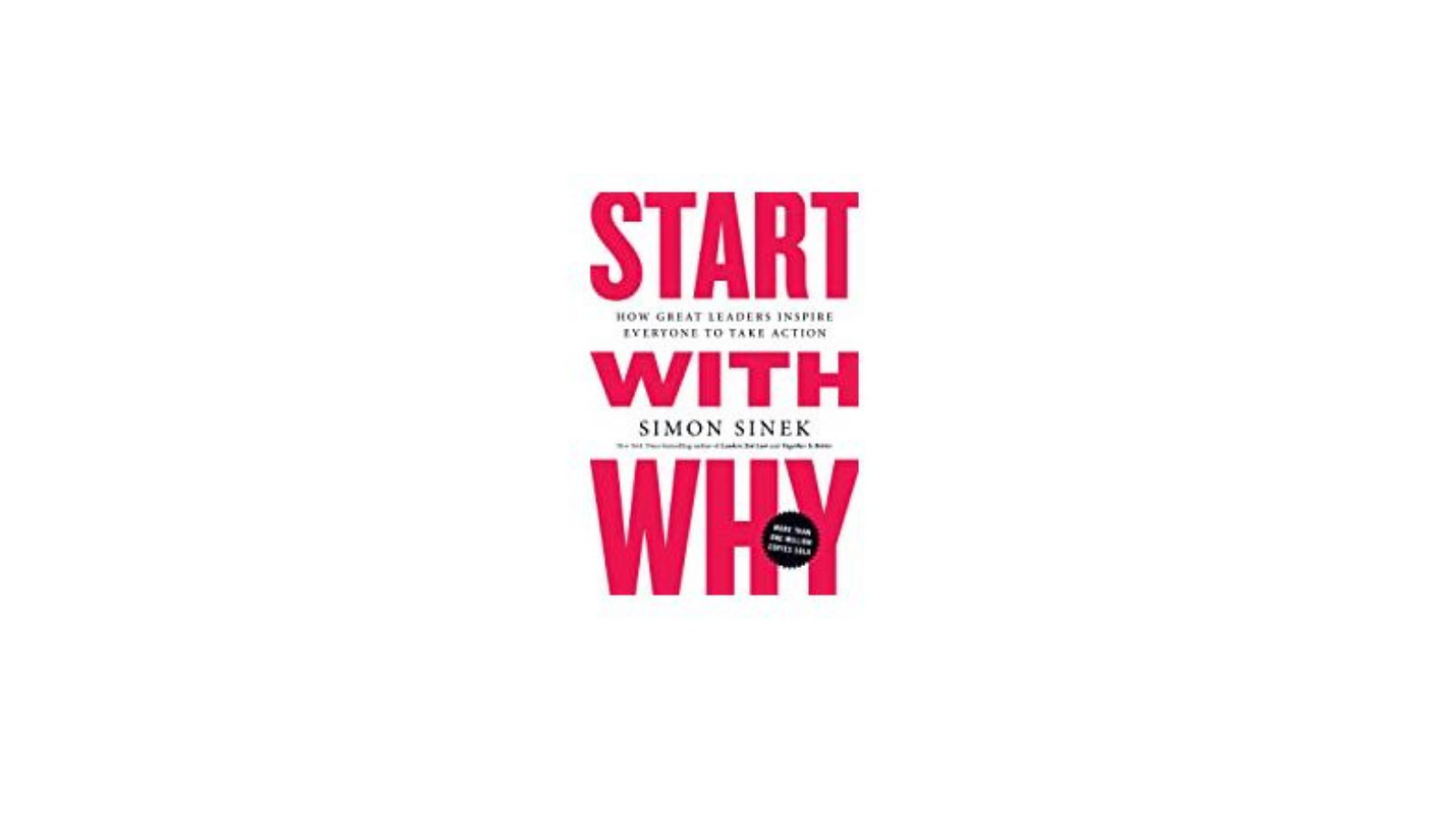
1. Start With Why by Simon Sinek
this book provides advice for leaders on how they can inspire people to take action by starting with WHY. This book gives great examples of people like Martin Luther King Jr., Steve Jobs, and the Wright Brothers who all started with WHY. They realized that people won't truly buy into a product, service, movement, or idea until they understand the WHY behind it. Many companies or people can tell you what they do and how they do what they do, but very few people or companies can clearly articulate WHY they do what they do. The WHY is your purpose, cause or belief.
 Amanda Meade, Marketing Content Coordinator
Amanda Meade, Marketing Content Coordinator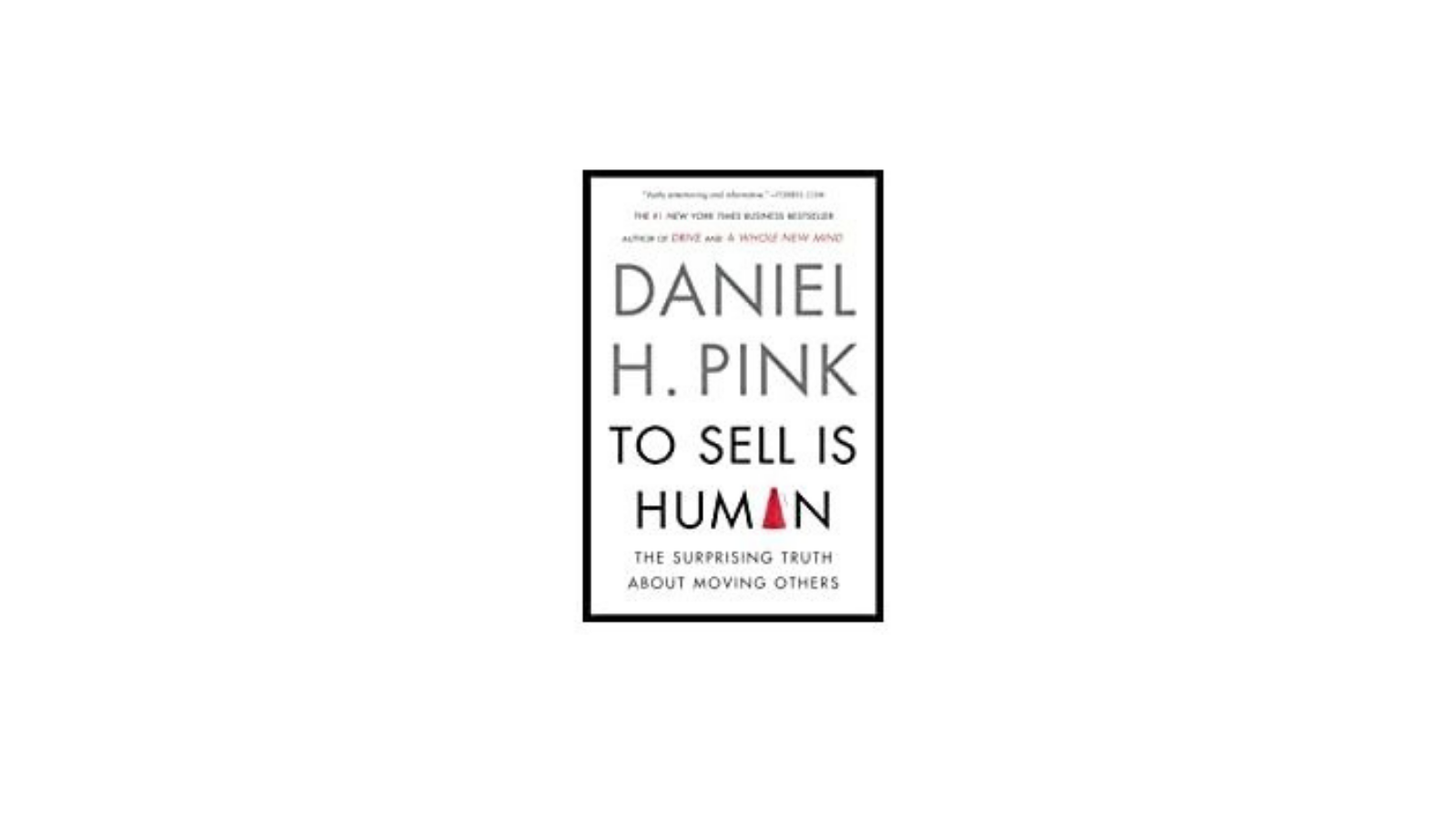
1. To Sell is Human by Daniel Pink
I'm seeking to motivate people every day at work and at home. Since reading this book, I'm always thinking about how I am getting them to part with resources in exchange for what I have to offer. What challenges am I helping them uncover? One of the main takeaways from this book is to be mindful of what you're selling and how you're moving others. It's your job to help uncover challenges that people don't know they have.
 Kurt Sima, VP/ Senior Consultant
Kurt Sima, VP/ Senior Consultant 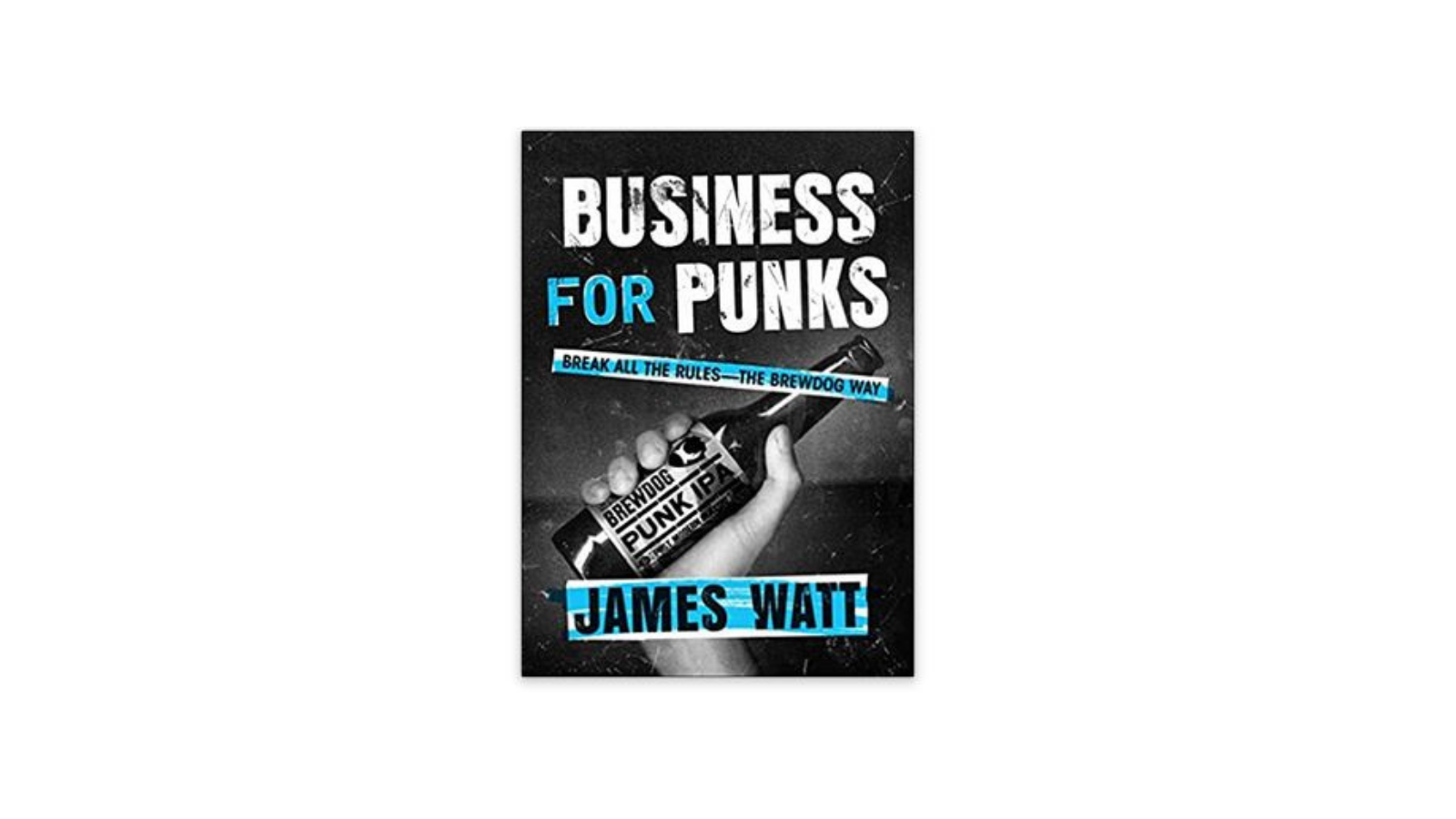
1. Business for Punks by James Watt
This is a great guide to entrepreneurship. Why just build a business, when you could start a revolution instead? James Watt started a beer rebellion and he shares his manifesto in this book. There is insight into looking into alternative ways to problem solve, as well as helping you define your “true north” and attached everything to that.
 Ross Raffin, Content Strategist
Ross Raffin, Content Strategist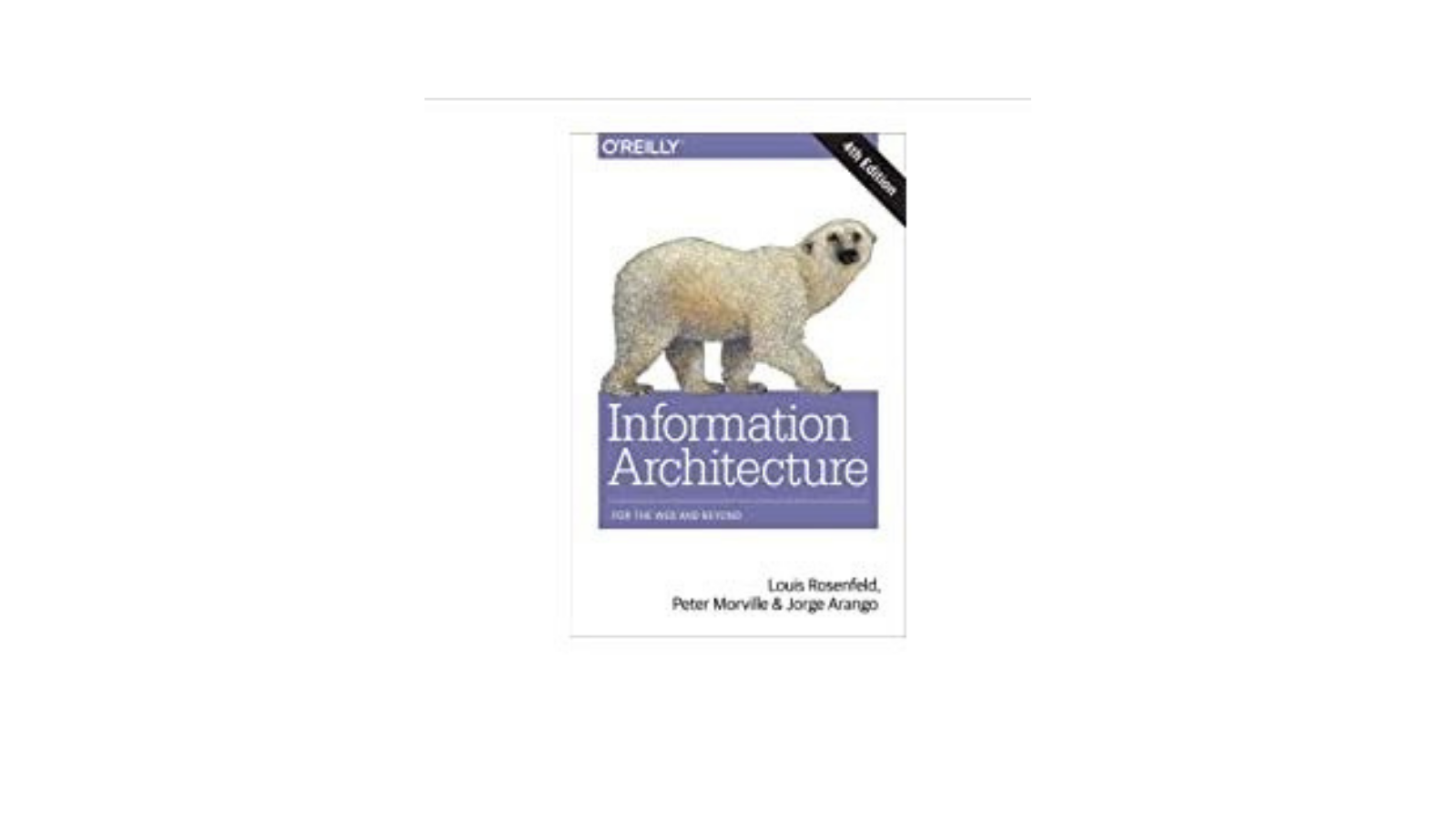
1. Information Architecture: For the Web and Beyond by Louis Rosenfeld
This academic textbook provides insight to the idea that information products are seen as places made of information helps me think about conversion rate optimization and how to best fit user expectations.
 Beth Lawson, Online Learning Developer
Beth Lawson, Online Learning Developer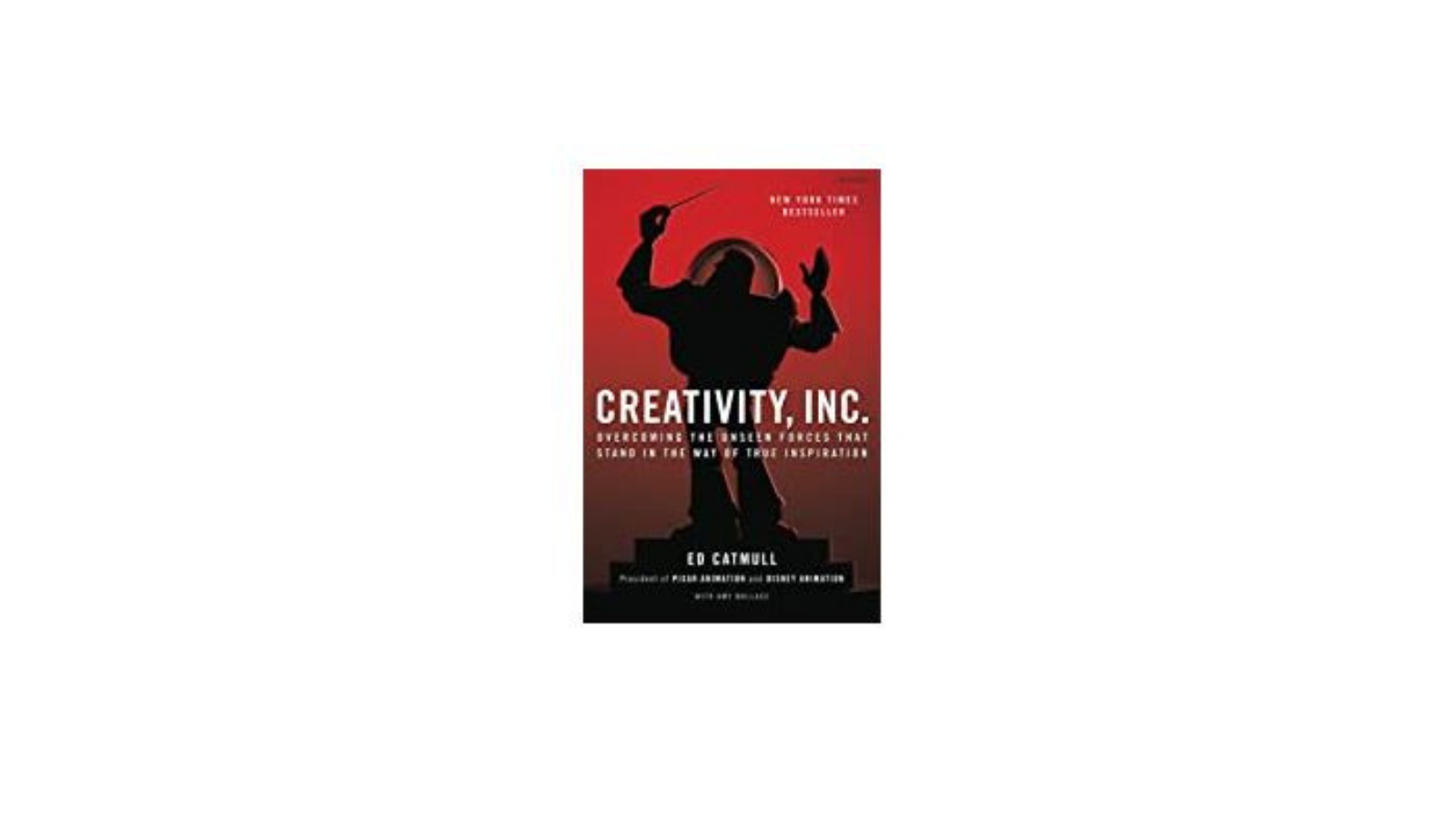
1. Creativity Inc. by Ed Catmull and Amy Wallace
Ed Catmull explains how to build a creative culture from his experiences building Pixar. He also says this book is “an expression of the ideas that I believe make the best in us possible.” Along with sharing the 7 core values that Pixar lives by to build a successful and creative culture, he makes the point that It’s not the manager’s job to prevent risks, it the manager’s job to make it a safe place for others to take them. The cost of preventing errors is often far greater than the cost of fixing them.
 Trey Morris, Senior Consultant
Trey Morris, Senior Consultant 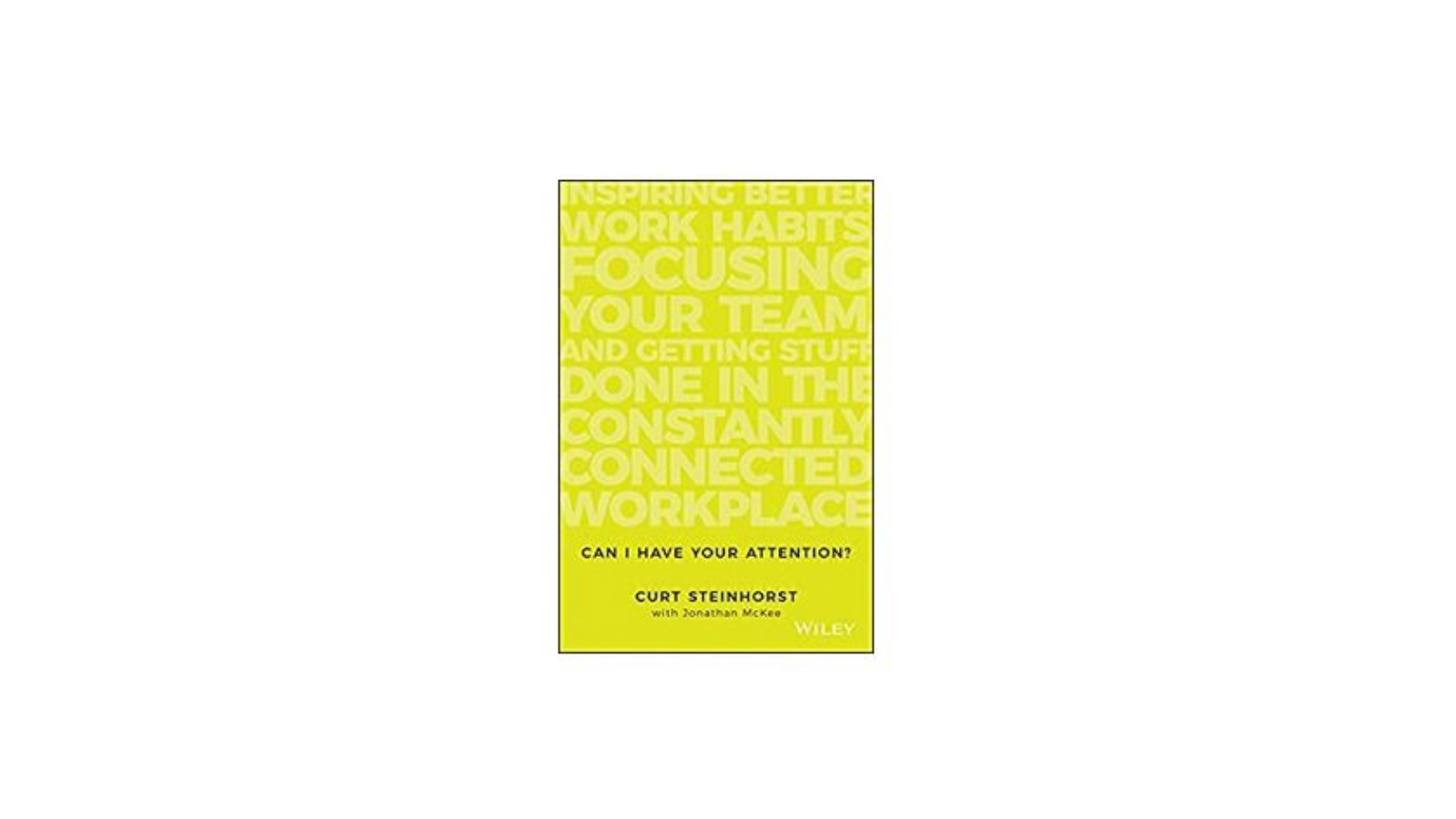
1. Can I Have Your Attention? by Curt Steinhorst
There were so many take-a-ways from this book, especially for an easily distracted multi-tasker. My favorite was application was the 4 E's of Focus: Energy, Environment, Emotion, and Experience. By framing each element of your day with these 4 E's, it helps you better understand what you need to focus on and why.
 Shaye Smith, Marketing Manager
Shaye Smith, Marketing Manager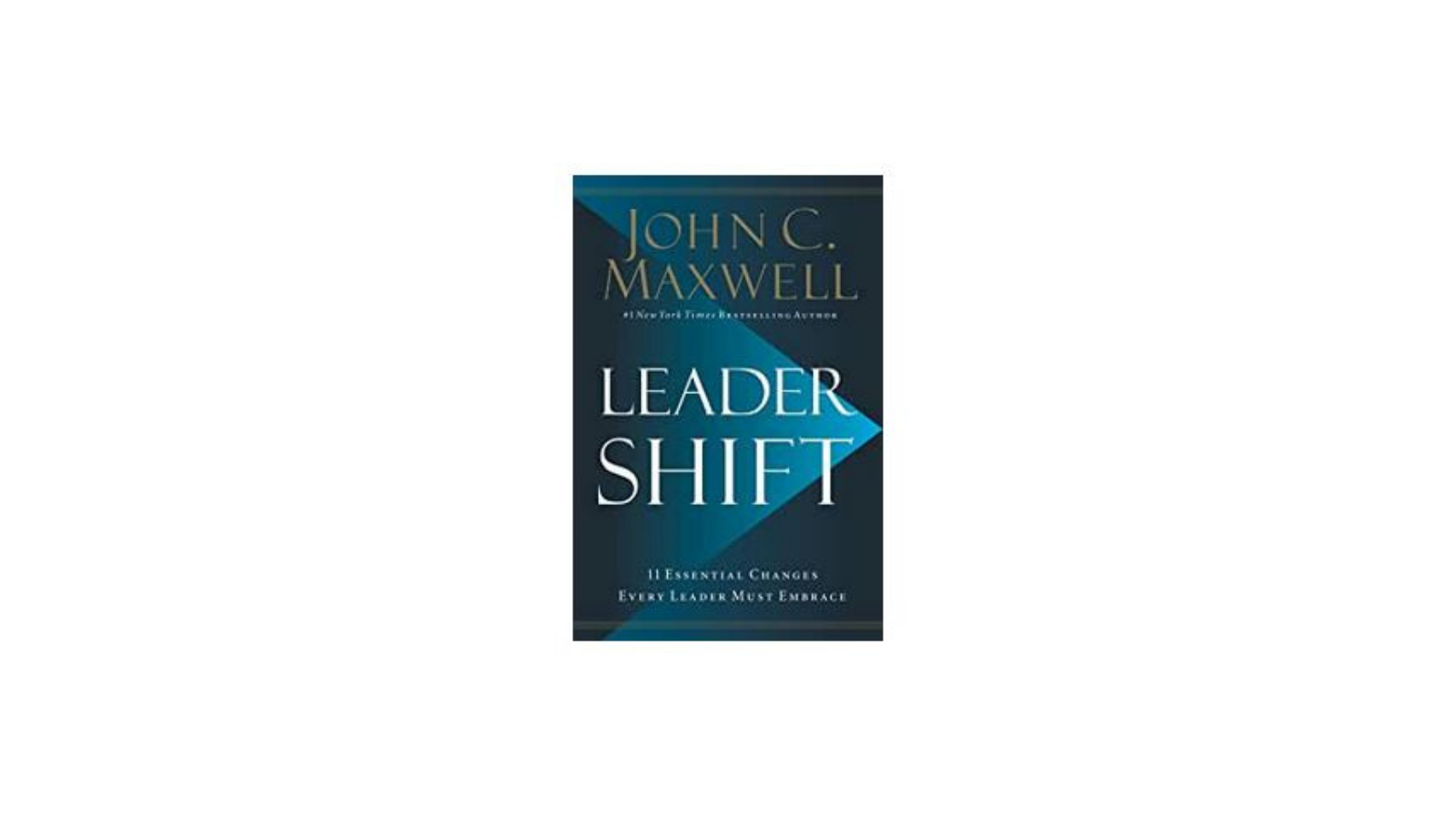
1. Leadershift by John C. Maxwell
This book focuses on Looking at leadership as CONNECTING, not just DIRECTING. It is important to stop just trying to please people but to challenge people - for the betterment of the team and the company.
Professional Development Books
As you can see, we took professional development seriously in 2020. We know how important it is to invest in people development and one way we do that is through reading. There is great power in opening up a book! Reading can lead to many great returns — reduced stress, improved communication skills, increase emotional intelligence, lead to insightful conversations among team members, and increase engagement of your team to name a few.
We hope a few of these books captured your attention and make it onto your reading list this year. Reach out to us if you would like to hear more about our CSS Library, we’d be happy to share more.